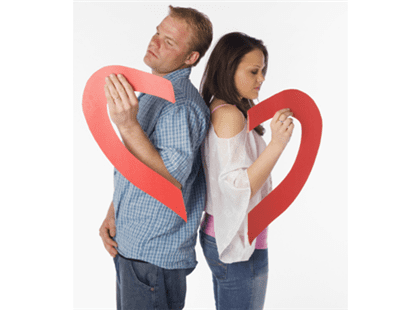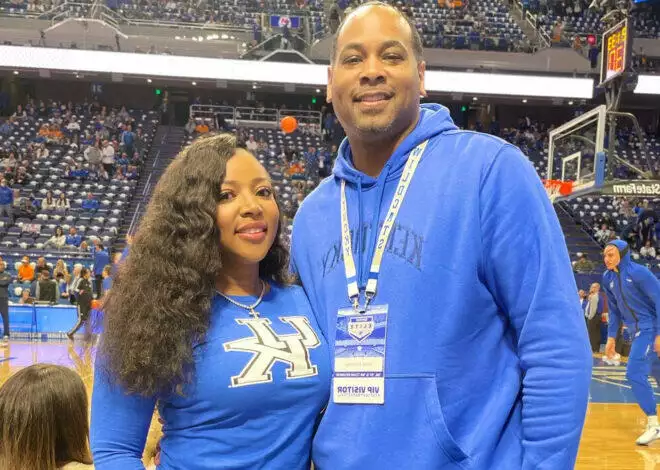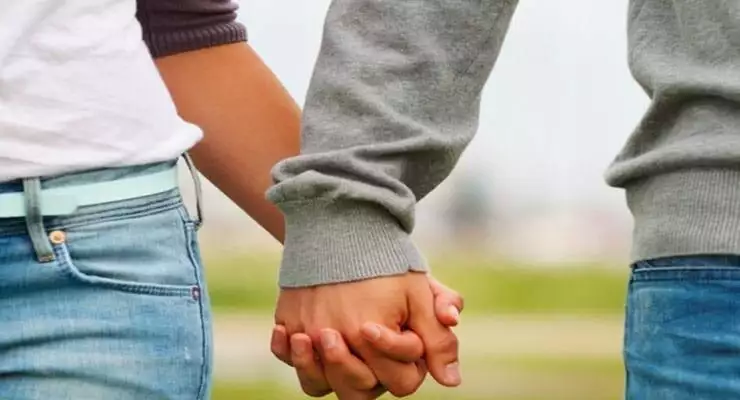Loss is one of the most painful human experiences, and over the course of a lifetime we can experience a variety of losses. How we process and experience our loss will greatly impact how we recover from it and how we’ll handle the inevitable additional losses we’ll experience in the future. Loss impacts us across our lifespan. It can be experienced as part of the developmental separation from a caregiver, or in response to divorce or the death of a loved one. The more we allow ourselves to feel attached and connected to others, the greater the potential for loss, making the idea of attachment a risky endeavor for many people.
Avoiding Loss
Many people spend their lives avoiding loss and they do this in a multitude of ways, including an unwillingness to depend on or to need others. By avoiding the realization that we need other human beings in order to function, individuals create an illusion of independence that keeps them feeling safe from the potential pain of loss. As a therapist, I can tell a lot about a person’s experiences of loss by the relationships in their lives.
Arms Length
Some patients keep themselves at arm’s length from those they care about because they’ve been hurt in the past. One young man lost his mother to cancer when he was young. The loss of that attachment was so great for him that he made a conscious pledge to never allow himself to be close to anyone in that way again. This led to a life of isolation and loneliness as he became pathologically self-sufficient.
By Nature
As human beings we’re designed to be in relationships with others. From the moment of birth we seek connection for our very survival. Our earliest relationships with our caregivers lay the foundation for the relationships we develop throughout life, and the quality of an early attachment relationship is most often reflected later in a parent-child relationship or a martial relationship. As infants, we’re vulnerable and dependent upon those who care for us. Babies are powerless to take care of themselves and will not survive if left. As adults our losses can often feel this primitive
Trama
The loss of a marital partner to divorce can feel like a re-traumatization of an earlier infantile attachment experience. The marital relationship is often one of deep connection and dependence, not unlike the original bond between a child and a caregiver. Over years of marriage we grow close to our partner and trust that they will continue to maintain the attachment relationship, so when one partner breaks the attachment bond, the pain of loss can feel unbearable and un-survivable.
Paradox
What is one to do with this paradox of attachment and loss? The answer is: Make good investments. As in business, if you’re going to enter into a risky situation in which the loss can be great, make sure the investment is worth the risk. Save your greatest attachments for the people in your life who are least likely to sever the bond you develop, and minimize your losses by only mildly attaching to the people you feel may not give you the greatest return. However, our greatest wisdom comes from knowing that loss is inevitable, so the more comfortable we can be with the idea of loss, the easier it will be to recover when we experience it.
About the Authors
Allison Pescosolido, M.A. and Andra Brosh Ph.D. are divorce recovery specialists working at Divorce Detox (www.divorcedetox.com), the leader in divorce recovery. Their programs provide the tools, courage, fortitude and inspiration to transform the way people think and feel about their divorce. They help individuals transition through separation and divorce to rebuild their lives. Allison and Andra understand the pain of divorce and see divorce as an opportunity for personal growth, wisdom and a happier life.





